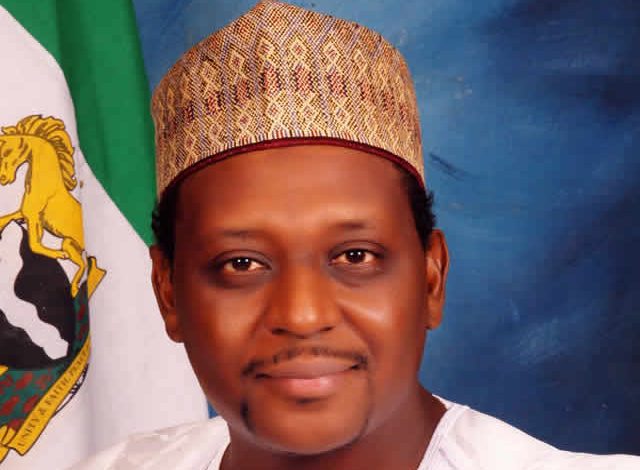Many Nigerians Don’t Seek Medical Care Due To High Cost – Minister

The Coordinating Minister of Health and Social Welfare, Prof Muhammad Pate on Friday, disclosed that many Nigerians do not seek medical care due to affordability issues.
Pate who noted that many of those who sought medical care, rely on public facilities said the Health Sector Renewal Investment which was unveiled in December 2023 will help to address some challenges in the health sector.
He disclosed this at the fifth legislative summit on health in Abuja themed, “Improving Legislative Stewardship and Accountability for Universal Health Coverage.”
The minister noted that a comprehensive survey carried out among 2,500 Nigerians to understand their expectations, experiences, and concerns regarding healthcare revealed that, “Many Nigerians rely on public facilities, private facilities, or sometimes do not seek medical care at all due to affordability issues. The quality of care in many facilities was also found lacking.
“Additionally, while traditional health issues like maternal, newborn, and child health, and infectious diseases such as malaria, tuberculosis, and HIV persist, non-communicable diseases like hypertension, diabetes, and cancers are becoming more prevalent as our population ages.”
The findings, according to him, highlighted several challenges like inadequate funding, fragmentation, and lack of resources and manpower in the health sector.
“Public health spending is approximately $13-14 per person, with total health spending at $85, most of which is out-of-pocket. This is insufficient, especially when compared to countries like Ethiopia and Bangladesh, which achieve better health outcomes with similar or lesser spending.
“There is significant fragmentation across federal, state, and local levels, with each operating independently rather than as a cohesive national health system.
“Many primary healthcare centres and hospitals are underfunded and lack essential resources and trained personnel,” he said.
The minister, however, noted that the Health Sector Renewal Investment Initiative was developed and unveiled in response to the challenges.
He stated that the initiative is built on governance, improving population health outcomes, retaining healthcare workers, unlocking the healthcare value chain, and health security.
“The Health Sector Renewal Investment Initiative is not just a Federal Government endeavour but a collective effort involving state and local governments, the private sector, and civil society. We need to ensure
“Health is a unifying issue that transcends political and geographical boundaries, and investing in it will yield significant dividends for our nation’s well-being and security.
“We must deliver on what Nigerians need, building momentum for increased political and financial support for health. By working together—federal and state governments, the National Assembly, private sector, and civil society—we can improve the health of Nigerians, enhance our national security, and foster unity,” he said.

Kazeem Badmus is a graduate of Mass Communication with years of experience. A professional in journalism and media writing, Kazeem prioritses accuracy and factual reportage of issues. He is also a dexterous finder of the truth with conscious delivery of unbiased and development oriented stories.









